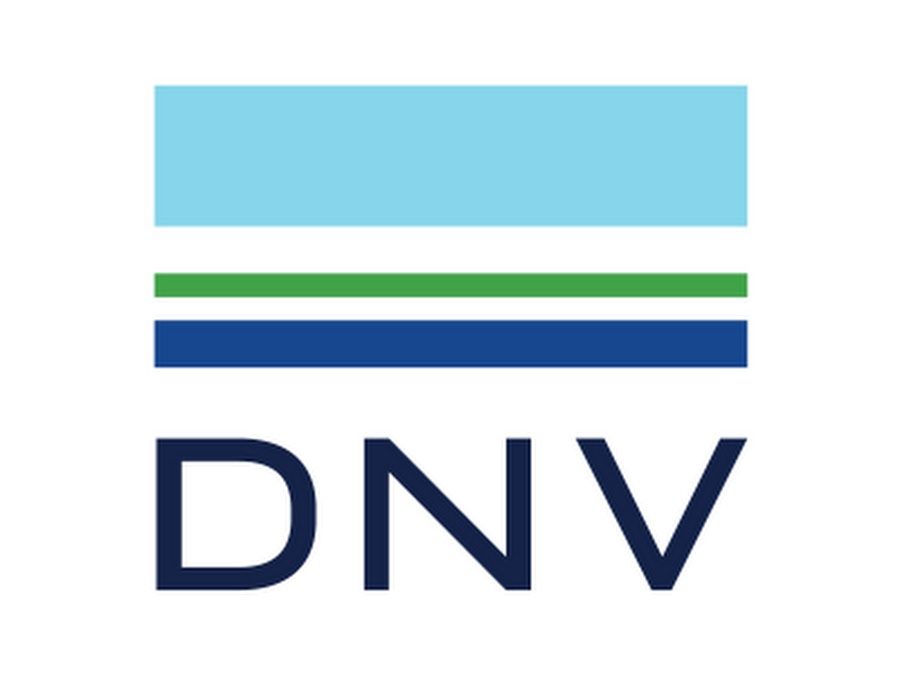Nakilat, a global leader in energy transportation, Classification Society DNV, and a group of leading yards and system suppliers have teamed up on a joint development project (JDP) to elevate software reliability and maintenance during operations. The JDP, which was initiated in 2020 by Nakilat, has resulted in the launch of a new DNV Recommended Practice (DNV-RP-0582), published in June 2021.
Today, critical vessel functions rely heavily on computerized software-based systems that are becoming more complex, automated and integrated. Software failures or reliability issues can now result in significant safety risks, as well as lost revenue due to off-hire days. To help address these risks, DNV and Nakilat brought together shipyards with system suppliers – ABB, Honeywell, Kongsberg and Wärtsilä + Hudong-Zhonghua, to contribute to the development of the RP.
Nakilat Chief Executive Officer Eng. Abdullah Al-Sulaiti said: “With one of the largest LNG shipping fleets in the world, we are intimately aware of the importance of Information Technology (IT) integrity in ensuring safe, sustainable and reliable vessel operations. With the experience gained from completing our own fleet-wide digitalization exercise, we are pleased to be partnering with key players in the industry to share our insights and contribute towards the improvement of vessel IT and computerization reliability and quality. The newly published RP will act as a key enabler for the safe implementation of new digital technologies onboard, helping other vessel managers and owners to mitigate the risks of digitalisation while improving the safety of the crew, environment, vessel and cargo.”
LNGC Al Kharaitiyat Nakilat
“Our recent white paper highlighted an emerging safety gap in shipping rooted in the rapid digitalization of the industry and the increasingly complex on-board systems of modern vessels,” said Knut Ørbeck-Nilssen, CEO of DNV Maritime. “Addressing these emerging risks is essential to our mission as a classification society, but it requires a collective effort. This is why we are very pleased that there is such a strong industry participation in this project, as it further underlines the growing importance of this topic. The RP is designed to help owners and operators deal with software in the same way they would machinery or other physical systems onboard and with the RP now available, we hope to see this implemented soon in both newbuildings and the existing fleet.”
The Recommended Practice (RP) provides guidance on the handling of complex software and computer-based systems throughout a vessel’s life cycle (design, construction, commissioning, and operation). By focusing on system integration and software change handling, the RP works to improve software reliability and quality.
Further the RP may be used as a contractual element/requirement in newbuilding or conversion projects, and/or as guidelines for suppliers, system integrators and owners/operators to check compliance and the ongoing status of systems. The RP can also assist in establishing maintenance plans, service level agreements and life cycle warranties for software, provides a process to assess project timelines and risks, including alignment across sister vessels, and provides recommendations to increase the interoperability and integrability of vessel software and systems to vessels at both the newbuilding and operational phases.
Source: Hellenic Shipping News






